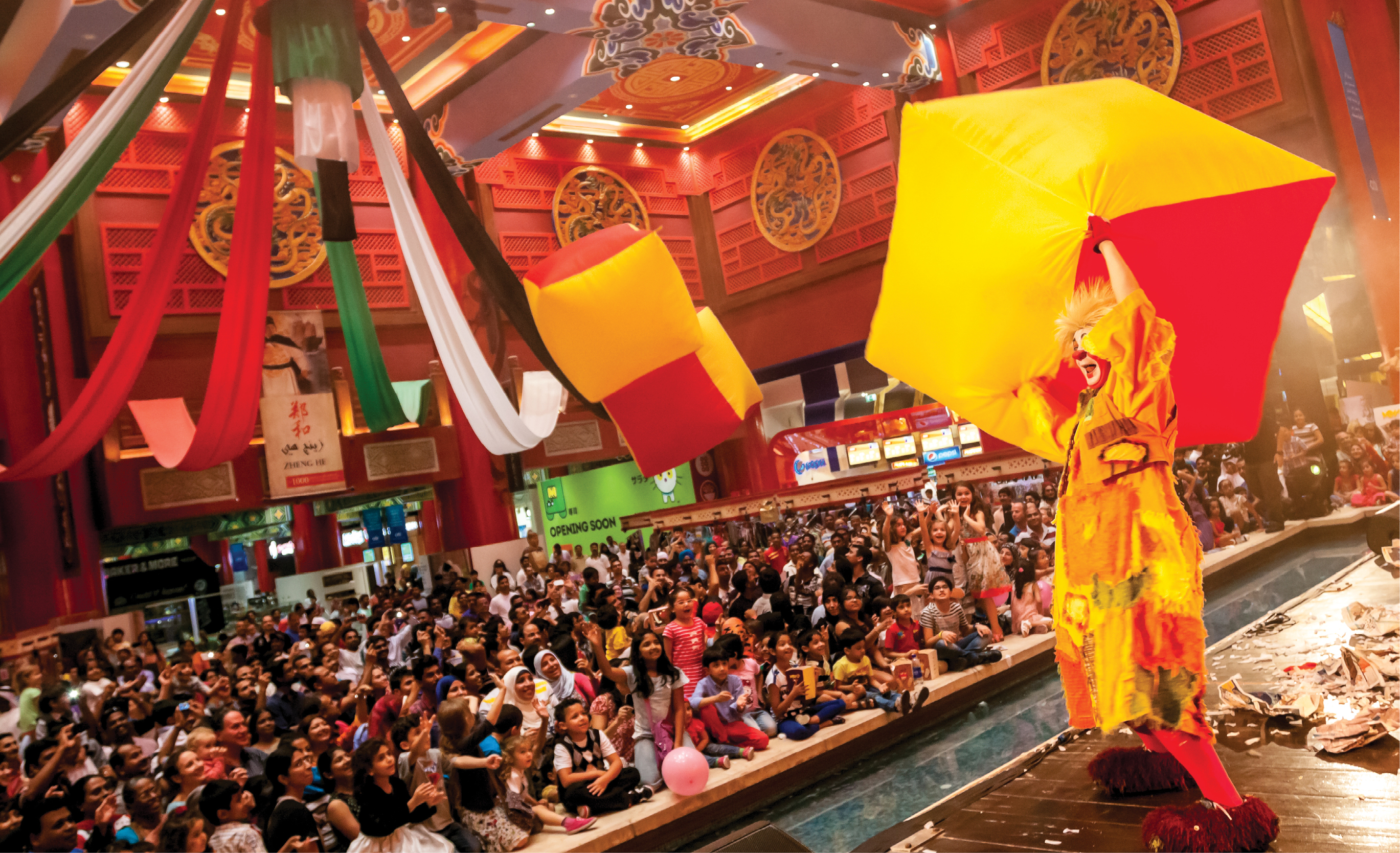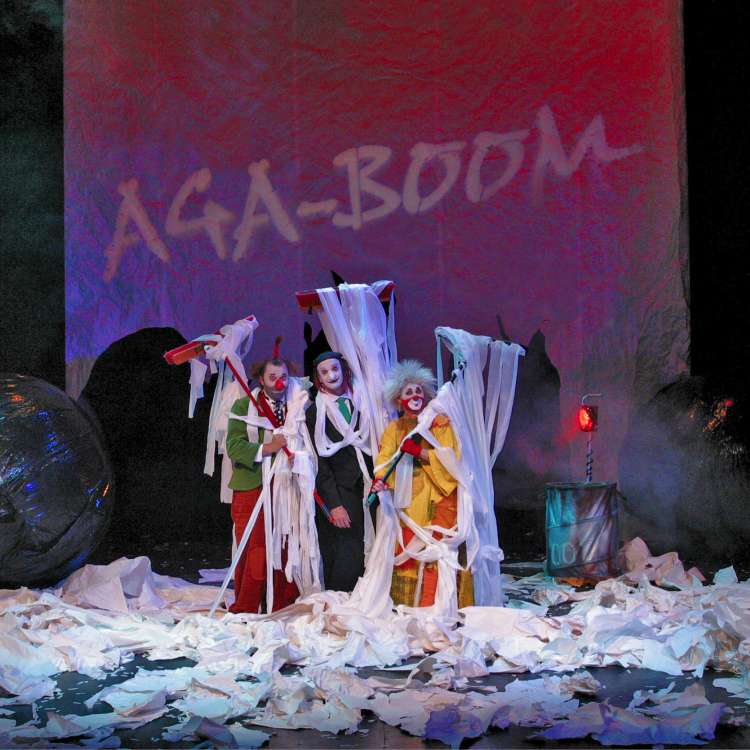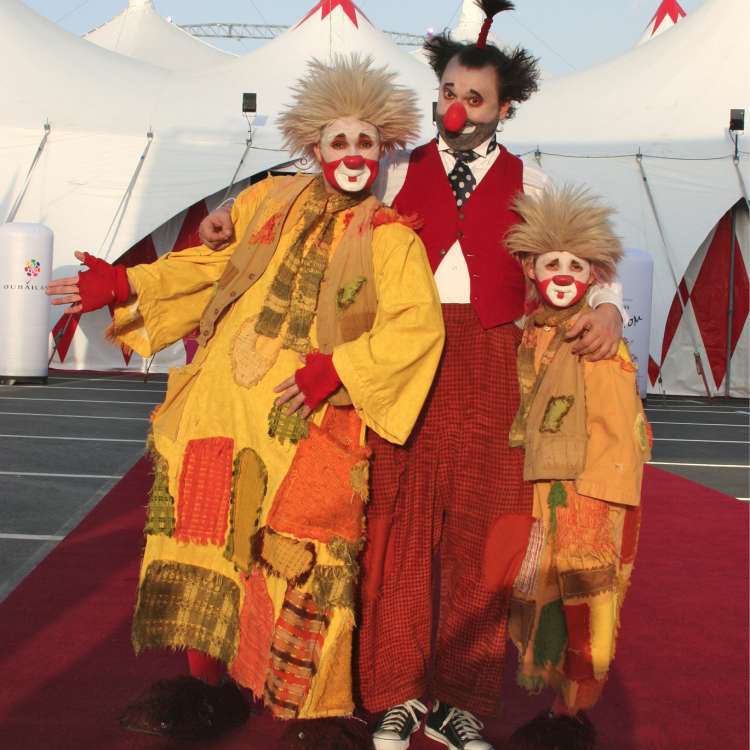Clown Trip

A lot of us have a shared fantasy. We want to travel. And we want to get paid for it. Sure, we understand the reality of the situation is that it’s probably not going to happen and, for a huge number of us, even if we knew the opportunity was there, we know in our heart of hearts we wouldn’t take it. Even when we complain about it, we prefer our everyday lives, going on vacation when we can, enjoying it, then coming back home to a certain amount of solid foundation.
But for those who do pursue the idea of traveling for a living, for seeing the world on someone else’s dime, there are certainly venues where you can make that happen. You can get a job on a cruise ship or become a travel writer, you could be an entertainer (or just work for one) and get yourself booked in theaters and arenas all over. Or you could do what so many little kids dream of and so few actual make a reality…you could run away with the circus.
For me, that last one was always the most appealing.
I’d always wanted to be a performer. When I was six, I made my first movie and when I was nine, I joined the Rainbow Company Children’s Theater, but with movies and plays, it seemed you had to have a literal common language in order to perform elsewhere. The circus, on the other hand, was silent. You didn’t need to speak to understand and to be amazed. My last memory of my maternal grandmother was her taking me to the circus. I couldn’t tell you anything about the “story” or the “show” but I oh so vividly remember the 10-foot-tall clown and the laughter he got out of six year old me. I remember the joy of watching lions and elephants, acrobats and high flyers. And all of it could be performed anywhere in the world with no changes to set or routine.
So yeah, when I was little and I wanted to run away from home, the circus was always my escapist fantasy. Even as I grew and my interests shifted and changed, it would linger in the back of my mind. I made friends with real life clowns, people who had done what I dreamed of, and I lived vicariously through them.
Then, suddenly, about 4 years ago, I had the chance to fulfill my dream. To become, as they say in the trade, a “first of May1,” to run away, however briefly, with the circus. The call came from a friend in Vegas, a former clown himself, who had heard that the clown show Aga-Boom was going to be performing a single show at a comedy festival in Lithuania and was looking for a local stage manager. I certainly fit the bill. We connected, chatted, and I agreed to meet with them in Vilnius, the capital city, which was about 90 minutes from my home.
I was about to become part of the Show.
In this case, the show consisted of three clowns in a 75-minute series of scenes conceived and directed by Dimitri Bogatirev, who also stars as “Aga” one of the three clowns in the show, and based in the “European theatrical style and universal language of clowning.” I learned my job quickly. Since it was a one-day gig, I had to learn the show based on cues, not on rehearsal or performance, and it was certainly a seat of your pants experience. At the end of the night, though, I discovered the truth of a couple of myths I had always believed: one was that no matter what happens backstage, it’s what goes on in front of the audience that matters; and two, physical comedy translates easily into laughter no matter the native language or age of the audience.
This latter fact would become important to me periodically over the next few years. When I said my good-byes after that initial performance, Iryna Ivanytska, who is the second primary clown (“Boom”), asked if I’d be open to working with them again when they had European gigs. Naturally I agreed.
Then I went home and thought about the show I’d just helped bring to life and what it is that these performers, and others like them, do all over the world.
In this case, Dimitri and Iryna are both from Ukraine and have been trained in the Russian circus style. It is their show and has taken them all over the world. They have also been featured performers with Cirque du Soleil and at the Magic Castle in Hollywood, but it is in their full length show where they really shine. As their promotional material says “Aga-Boom cuts through the barriers of language and culture with the art of slapstick, the humor of physical comedy, and the delightful excitement of childhood.” Even that, though, doesn’t really give you an idea of what it is they accomplish when they step out on the stage.
The moment Iryna, as Boom, in her yellow patchwork dress and spiky, broom-bristle hair, steps from behind the curtain and realizes there is an audience watching her, that audience is hooked. She is a master of making her facial expressions readable, even to the furthest seat in the back of the house. And she uses that mastery to evoke laughter. In the entire “75-minutes explosion of pure family fun” she has precisely one line of dialogue, when she panickily dials for emergency services from the sole of a show (and even that will change depending on the local emergency number), which means her laughs are dependent on her ability to contort her face and body and have it understood no matter where in the world the show is performing.
Dimitri’s Aga, on the other hand, relies on other circus skills (juggling would be the easiest and yet most dismissive way of explaining the gravity defying things he does with a black and white polka-dot suitcase) to uphold his end of the audience / performer bargain just as much as his physical humour. But still, he only speaks a couple of words in the show. During one sketch, he plays a film director with an audience volunteer on stage. Everything is predicated on Aga yelling the words “action” or “cut” which are simple enough in themselves, but they are also both part of the popular culture zeitgeist as well as self-defined within the show itself. Aga explains the action he wants the volunteer to do through pantomime, and then explains to start when he says the word “action.” But that start word could be anything and the audience understands that implicitly. They are along for the ride.
The third clown in the troupe is Dash (he’s the one between Aga and Boom in the show title, get it?) and this role is filled by rotating performers who, no matter their initial skill level or clowning experience, are taught the show by Dimitri. And he knows what he’s talking about. In my time with them, not being a clown myself, I’ve had occasion to hang out backstage between shows and just absorb the history and “rules” of clowning, listened to stories about the past masters of the form, and why these acts and routines are funny worldwide. Even better, I’ve seen it in action.
I’ve watched them rework bits between shows, cut or change small gestures which one culture might find hilarious, but another might find offensive. I’ve seen how they play with the audience and break down barriers, getting a crowd which might have been hesitant to completely come out of their shell to end a show with an enthusiastic standing ovation.
Since that first show in Vilnius, I’ve had the pleasure to travel the globe with Aga-Boom and experience laughter in a multitude of cultures and political climates. In China, we distributed red rubber noses on the street, making crowds of people squeal in delight. In Kuwait, a country with specific religious rules, we had to adjust the show so as to not break any laws. But once the spotlight caught up with the clowns on stage, none of that mattered and the show was a wild success.
In Portugal, we were the Christmas holiday entertainment for thousands of school kids on break and the several times we went to Spain (including outside Barcelona, Tenerife and Figueres), the show was featured as part of different clown or comedy festivals, and always met with overwhelmingly positive reactions. And in none of these places was English the primary language and none of these performances relied on an ability to verbally communicate from the stage.
Every time I went out with the show, and I certainly hope to do so again, I would sit in the back of the theatre, in the dark, behind a light board and I watched the show from the vantage point of seeing what the audience sees. I see the silent work done by the skilled and talented performers and I listen to the shrieks and laughs coming from the people watching and even though I’ve seen it before, it’s like I’m seeing it for the first time. More than that, it’s like it’s tapping into my own primal memories and I’m six years old again, my grandmother is beside me and I know that running away with the circus is more than a dream, it’s a wonderful possibility.
1The first of May was traditionally when Ringling Bros. and Barnum & Bailey Circus would issue contracts for the upcoming season, so the phrase became associated with first timers on the show.



